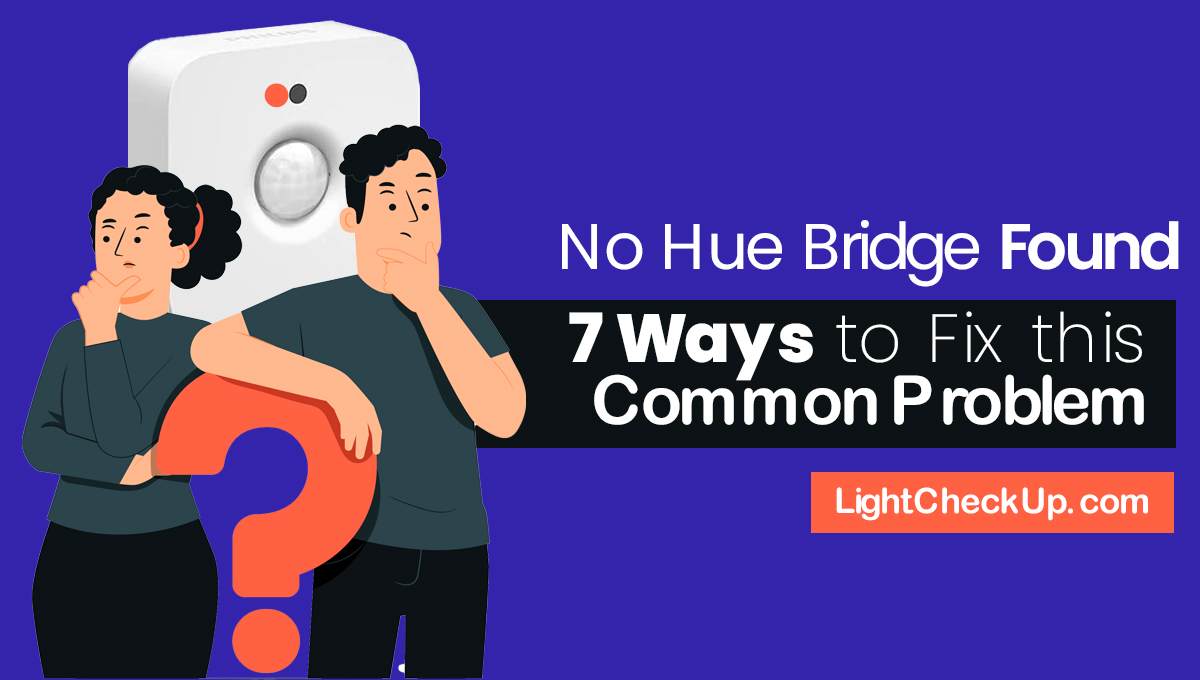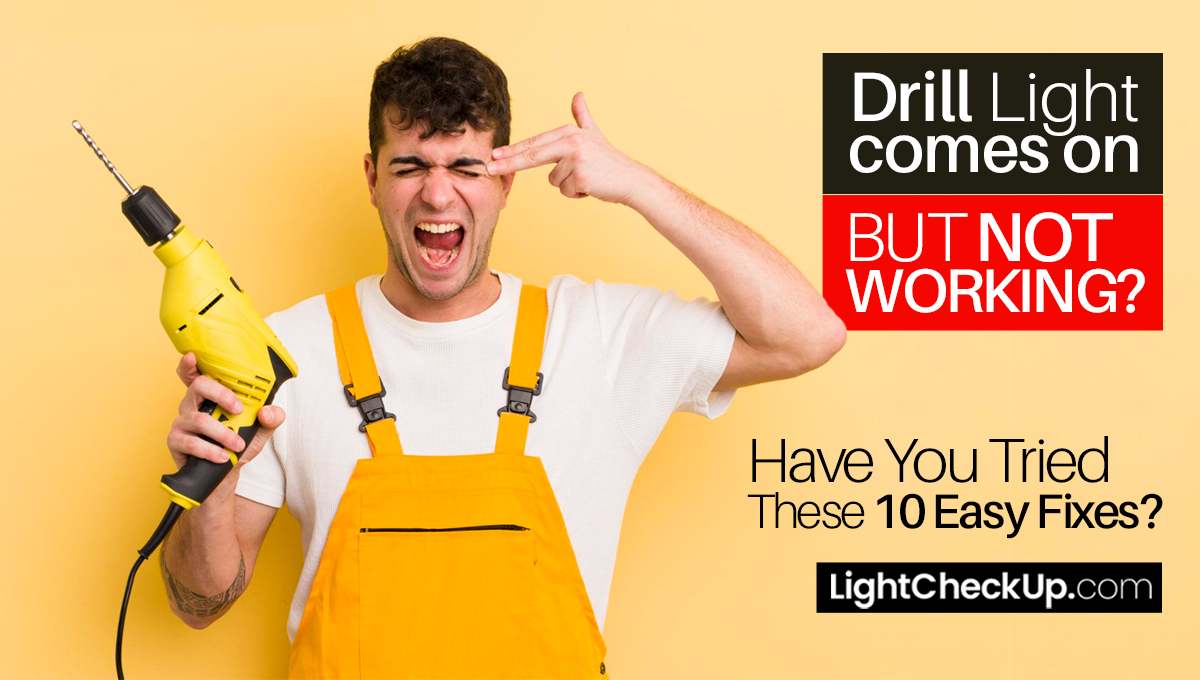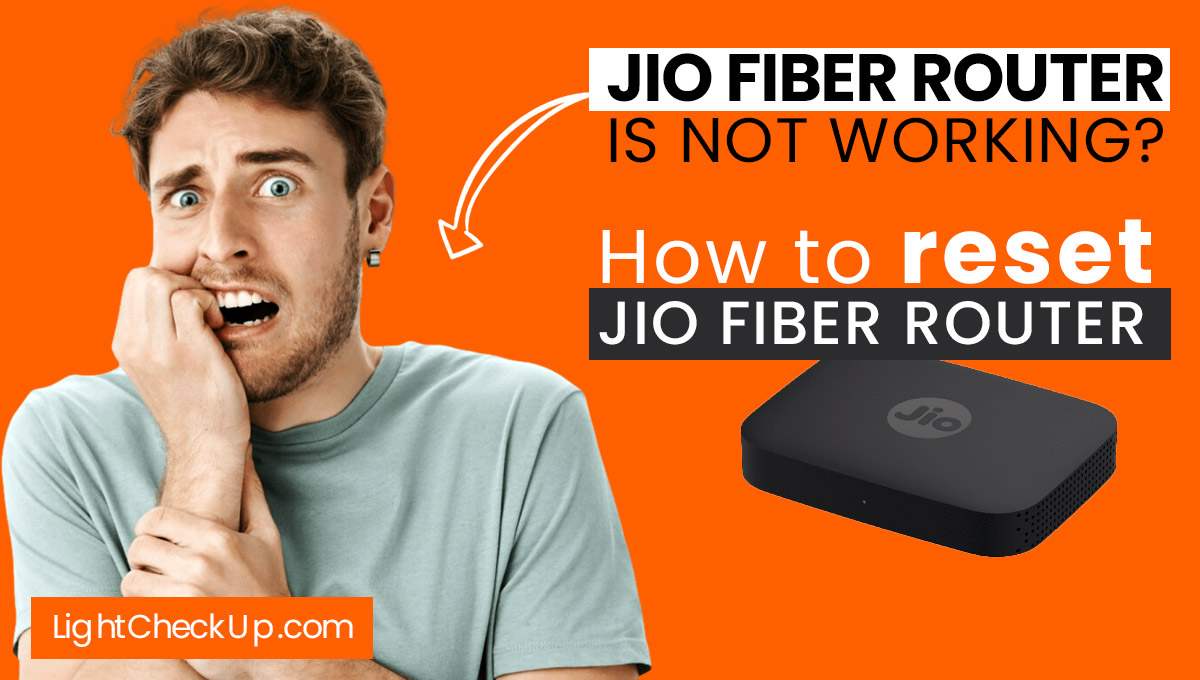Problems with your dimmer switch outdoor setup? Many people have trouble to install and configure dimmer switches for outdoor lights. You can troubleshoot and fix these problems with solutions.
These switches, including LED-compatible and waterproof models. LED dimmer switch outdoor are suitable for controlling outdoor lights. You can dim patio lights or string lights with a dimmer switch outdoor. That can create the ideal ambience in any setting.
Dimmers don’t work with all lights, though. We’ll guide you on when to use and when not to use these switches for your outdoor lighting needs.
Also look at some troubleshooting steps to get your outdoor lighting back in action.
How do I know if my dimmer switch is compatible?
Make sure your dimmer switch and bulbs work together.
For the switch, check the packaging or manual to see what types of bulbs (like LEDs or incandescents) it works with. The switch itself will also tell you what type of dimmer you have, like LED Compatible or Universal Dimmer. Some older models might not work with LEDs.
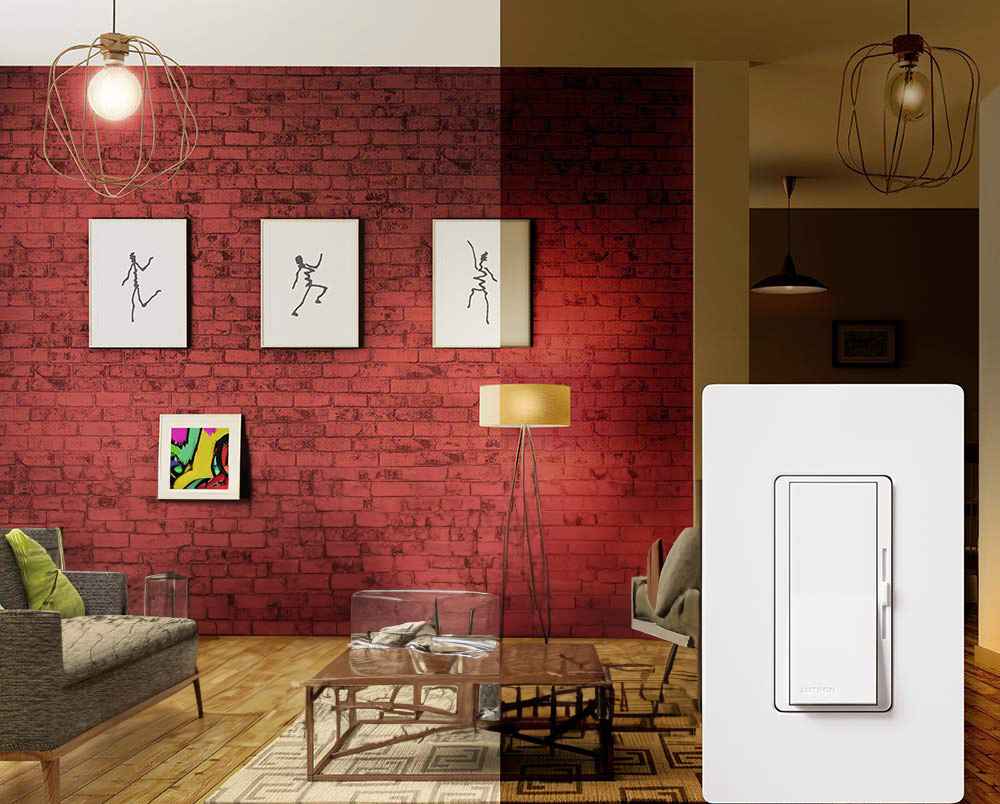
Next, look at your bulbs. On their packaging, it should say Dimmable or Compatible with Dimmer Switches.
Also, add up the wattage of all the bulbs you plan to use with the dimmer. This total wattage should fit within your dimmer switch range. Your dimmer switch and bulbs will work well together if you check these details.
Common Problems and Solutions: Dimmer switch outdoor

Dimmer switch Outdoor not working
- Check the circuit breaker: Make sure the outdoor lights breaker hasn’t tripped. If it’s reset, check the dimmer switch.
- Check the bulb(s): Outdoor bulbs can take a beating from the elements, so one or more could be burned out. Burnt-out bulbs? Replace them with dimmable ones.
- Check the wiring: Loose or damaged wiring can also prevent a dimmer switch from working. If you’re not comfortable checking the wiring yourself, call a qualified electrician.
- Faulty dimmer switch: What if you’ve checked everything else and the dimmer switch still isn’t working? You may need to replace it if it’s faulty.
Dimmer switch flickering
- Incompatible bulb(s): Not all bulbs are dimmable, so make sure you’re going with compatible bulbs.
- Minimum load not met: Some dimmers switches require a minimum wattage to function properly. There may be a problem if you’re only using a few low-wattage bulbs. Put more bulbs in or use higher-wattage bulbs.
- Loose connections: Check the dimmer switch, light fixture, and other connections. Check for loose connections and tighten them up.
- Faulty dimmer switch: If you’ve checked everything else and the dimmer switch flickers. You might need to replace it if it’s faulty.
Dimmer switch humming or buzzing
- Overloaded circuit: If you’re using too many bulbs on the dimmer circuit, it could be overloaded. That causes the switch to hum or buzz. Reduce the number of bulbs or use lower-wattage bulbs.
- Loose connections: Look for loose connections at the dimmer switch, light fixture, and everywhere else. Tighten any loose connections.
- Faulty dimmer switch: If you’ve checked everything else and the dimmer switch is still humming or buzzing, it could be faulty and need replacing.
Dimmer switch not dimming smoothly
- Incompatible bulb(s): Not all bulbs dim smoothly with all dimmer switches. Try using a different dimmable bulb type.
- Minimum load not met: As mentioned above, some dimmer switches require a minimum wattage to function properly. You may not be able to dim the light smoothly if you don’t use enough power.
- Faulty dimmer switch: This may be the cause if you have checked all the other possibilities but the dimmer still does not dim smoothly. In case of a malfunction, it may need to be replaced.
Read Also: Can Flickering Lights Cause A Fire? Reveal The Truth
Clean and Adjust the Fixtures
Dirty fixtures can reduce light output and affect outdoor lighting performance. Clean the fixtures carefully and check for loose or damaged parts. Rust or corrosion may also indicate replacement needs.
Check timing and sensors.
Timers or sensor controlled outdoor lights. They can’t turn on or off at the right time if they’re not set correctly.
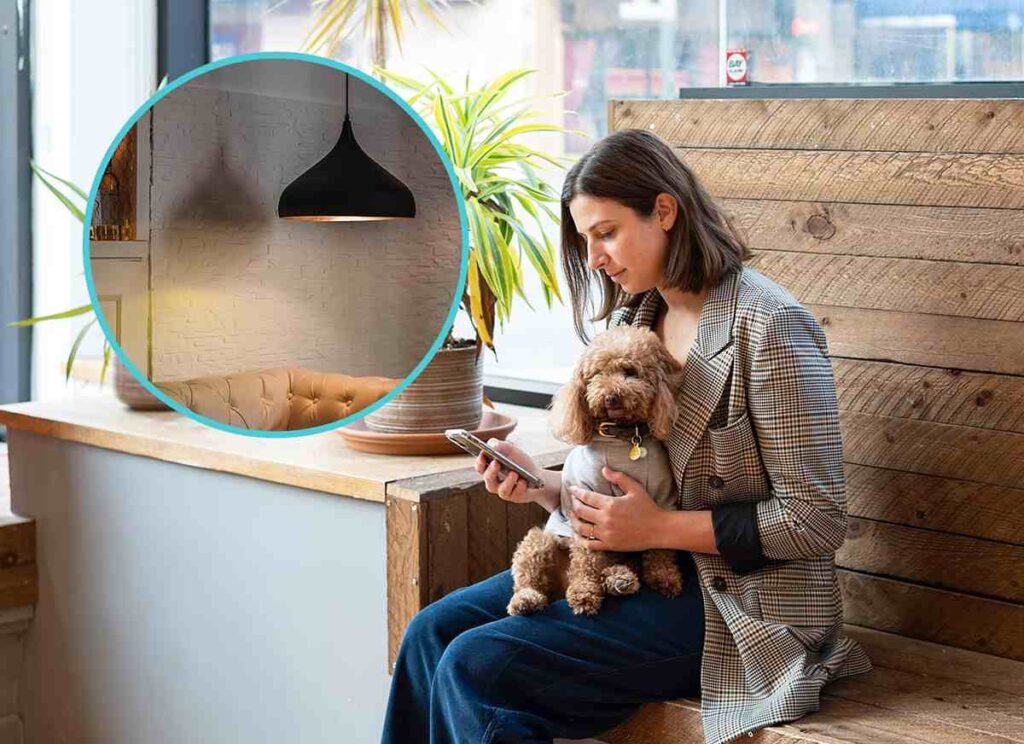
Don’t try these steps if your outdoor lights don’t work after you’ve tried them. You can’t fix electrical problems on your own unless you’re a qualified electrician.
Safety Tips: Led dimmer switch outdoor
- Choose an outdoor dimmer switch rated for the outdoors.
- Put the dimmer switch somewhere weatherproof.
- Make sure your outdoor outlets have GFCIs (Ground Fault Circuit Interrupters).
- If you’re not comfortable working with electrical wiring, call an electrician to troubleshoot it.
Read Also: Dimmable LED Flashing: Why And How To Fix It?
Can you dim outdoor lighting?
You can dim outdoor lighting for ambiance and atmosphere on patios, decks, and gardens. Popular uses include:
- Patio string lights
- Deck lighting
- Landscape spotlights
- Outdoor wall sconces
Can you put a dimmer on patio lights?
Dimming patio lights is a great way to create a cozy and inviting atmosphere. Dimmer-compatible LED string lights or incandescent bulbs are great options.
When should you not use a dimmer switch?
You will not add non-dimmable bulbs: Can damage both the bulb and dim.
Do not add any appliances: Not designed for appliance control.
Fluorescent lights typically flicker on dimmers.
Are dimmable lights fire hazards?
No, dimmable lights are not fire hazards. However, any electrical product has potential risks if not used correctly. Ensure proper installation and follow manufacturer guidelines. Avoid overloading circuits or exceeding dimmer switch ratings. Make sure your fixtures can handle high wattage bulbs.
Do LED lights require a special dimmer switch?
LED lights require special dimmer switches. Some dimmers don’t work well or flicker. Make sure your dimmers are LED-compatible so you don’t damage them.
Read Also: Leviton Motion Sensor Light Switch Troubleshooting: 6 Ways To Fix
In conclusion, troubleshooting an outdoor dimmer switch and light fixture takes some time. You should first check your dimmer switch and bulbs for compatibility, then look for issues like flickering or buzzing.
You can check the wiring and fixtures for damage from the outside. You can keep your outdoor lighting system running smoothly with regular maintenance. You should always consult a professional if you are unsure.





